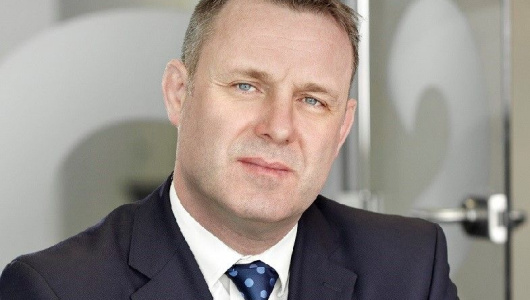The confidence in UK adults’ ability to have enough capital during retirement has dropped since last year.
This is according to Nucleus UK Retirement Confidence Index, which found that overall confidence is 4.6 in 2024, down from 6.9 in 2023.
Nucleus technical services director Andrew Tully said last year the figure was higher than the company expected it to be.
The research from last year has been expanded to include UK adults from the age 18+, whereas last year it was based on adults over 50.
Out of the different age groups, it was the 35-44 and 45-54-year-olds with lowest retirement confidence, 3.7 and 3.8 respectively.
The retirement confidence is split between genders, but both have witnessed a drop from last year. Men’s retirement confidence has dropped from 7.2 to 5.1, and women 6.5 to 4.1.
Furthermore, 44% of people do not believe the State Pension will exist in the future. Additionally, 36% of men and 46% of women have no income being contributed to pensions.
The amount being contributed to defined benefit (DB) pension schemes also declined to 6.5 from 7.5 in 2023.
Last year, the report said that the long tail of DB pensions coming to maturity was creating a false confidence among people in or approaching retirement.
The 2023 report rightly predicted that: “This is clearly not sustainable, and we predict the UK Retirement Confidence Index will fall over the next few years as a consequence.”
As well as confidence dropping, people’s targets also seem to fall short. The majority of respondents believe they will need between £20,000 and £30,000 a year for a comfortable retirement.
The Pensions and Lifetime Savings Association (PLSA), however, have said £43,100 is needed a year for a comfortable retirement.
Another factor that has weighed on pension confidence was chancellor Rachel Reeves’ first Budget on 30 October.
Only 2% said they were more positive after the budget, while 26% said they were either slightly or much less confident about their financial planning retirement prospects.
This figure increased to 36% for those aged 65+.
This drop in confidence coincides with the amount seeking financial advice being down 2% from last year.
The lang cat’s 2024 advice gap research found that only 11% of UK adults have paid for advice.
Tully called on the Financial Conduct Authority (FCA) to do more to promote advice.
“We need to shout louder about the importance of what advisers and planners do and the value they add.”
Tully added that another point that came through clearly in the report was the need for financial education.
“Clearly people do not feel that they know enough.”
He said that Martin Lewis came up a lot as the best person to get help in finance.
Lewis set up MoneySavingExpert.com, a consumer finance website. He is a British financial journalist and host of the Martin Lewis Money Show. He often stresses the information he provides is not regulated financial advice.
In October 2023, LV=’s wealth and wellbeing research programme found 43% of adults turned to websites such as MoneySavingExpert.com for what they considered to be financial advice.
This compared with 38% seeking advice from a qualified adviser.
To obtain these results, Nucleus commissioned YouGov to carry out an online survey of 4,318 UK adults aged 18 and over.















Comments